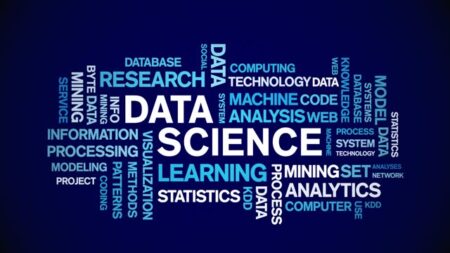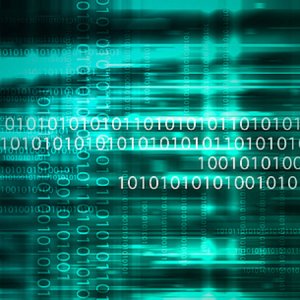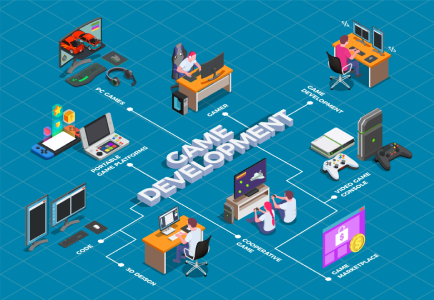Python is a versatile and widely used programming language known for its readability and straightforward syntax, making it accessible to both novices and experienced programmers. Its diverse range of applications makes Python a popular choice across different industries and sectors. Below are some prominent use cases of Python:

1. Web Development
Python is extensively used in web development, with popular frameworks such as Django, Flask, and Pyramid providing robust tools to build web applications. These frameworks support the development of both simple web apps and complex, feature-rich websites. Python also has libraries like BeautifulSoup and Requests for web scraping, allowing developers to extract data from websites easily.
2. Data Science and Analytics
Python is a leading language in data science due to libraries such as NumPy, pandas, and SciPy, which facilitate data manipulation, statistical analysis, and scientific computing. For data visualization, libraries like Matplotlib and Seaborn transform data into insights through charts and graphs. Python’s simplicity in syntax and vast ecosystem makes it an ideal tool for data analysis and machine learning.
.


3. Machine Learning and Artificial Intelligence
Python’s ecosystem of libraries and frameworks, including TensorFlow, Keras, and PyTorch, make it a preferred choice for implementing machine learning algorithms. These tools provide capabilities ranging from neural networks and deep learning to natural language processing and computer vision, empowering innovative AI-based applications.
4. Automation and Scripting
Python’s ability to automate repetitive tasks and processes is one of its standout features. With simple scripts, Python can automate tasks like file manipulation, data entry, and web browsing. Libraries such as Selenium for web testing and PyAuto GUI for GUI automation extend Python’s capabilities in automation beyond basic scripting.


5. Software Development
Python is used for developing both desktop and business applications. It is known for its efficiency and speed, which makes it suitable for software development projects. Python’s Tkinter library allows for the creation of user-friendly graphical user interfaces (GUIs), while PyQt and Kivy are popular for more advanced cross-platform applications.
6. Scientific and Numeric Computing
The language is heavily utilized in scientific research and numeric computations. Libraries like NumPy for numerical operations and SciPy for scientific computing enable researchers to perform high-level abstractions and complex mathematical computations efficiently.


7. Education and Training
Python’s simple and clean syntax makes it an excellent choice for programming education, helping beginners to easily grasp fundamental programming concepts. Many educational institutions and online platforms use Python to teach coding, from introductory to advanced levels.
8. Game Development
While not as dominant in this area as some other languages, Python is used in game development. Libraries like Pygame facilitate game creation, providing modules for graphics, sound, and game logic. It’s particularly useful for beginners to understand game development processes and for prototyping games.


9. Network Programming
Python’s standard library includes several modules for networking, enabling developers to write scripts for network monitoring, web scraping, and protocol development. Libraries like Scapy and Twisted help in creating network tools and clients in Python.
10. Finance
In finance, Python is used for quantitative and qualitative analysis, financial modeling, and algorithmic trading. Libraries like QuantLib and pandas enable analysts to perform complex financial analysis and manage financial data effectively.
The broad adoption of Python across these diverse fields is due to its scalability, ease of learning, and supportive global community, which continually contributes to its rich repository of libraries and frameworks. This ensures that Python remains relevant and powerful in tackling new technology challenges.
